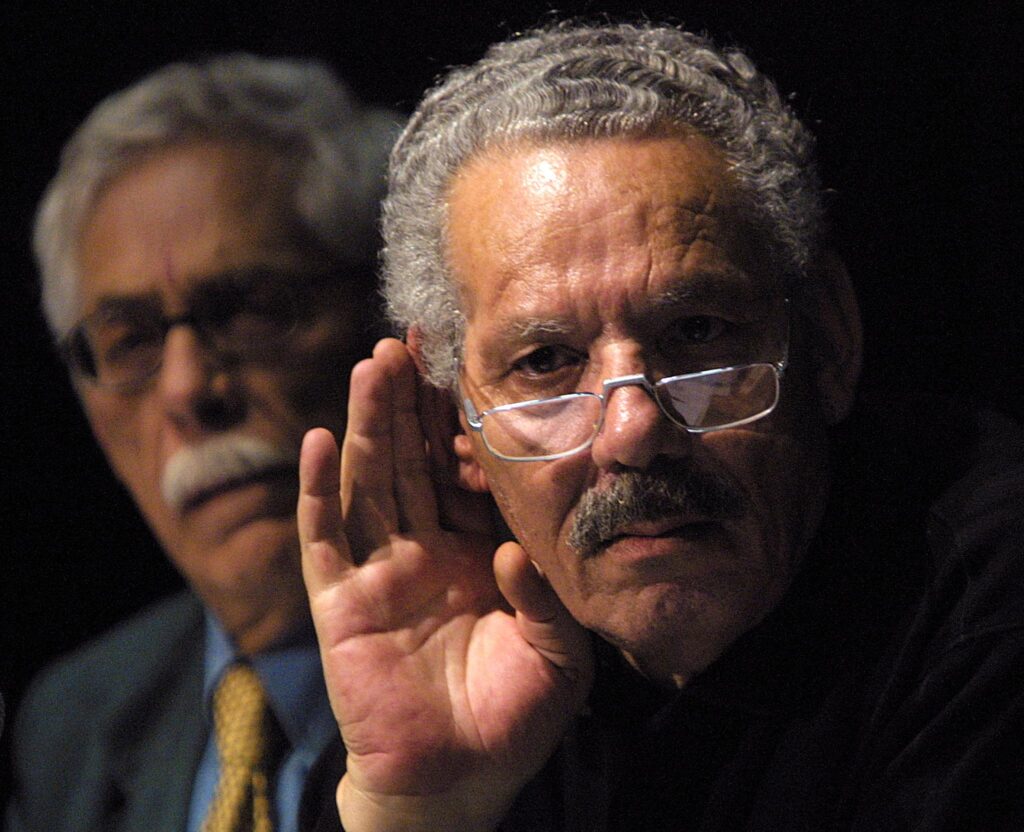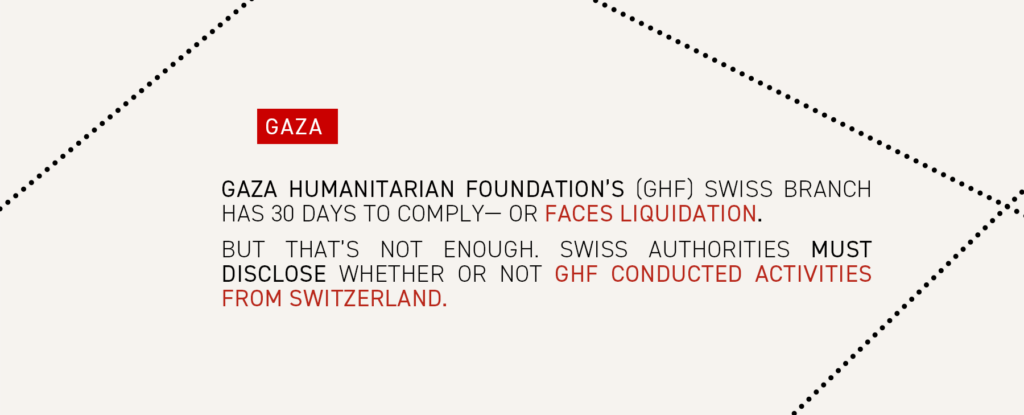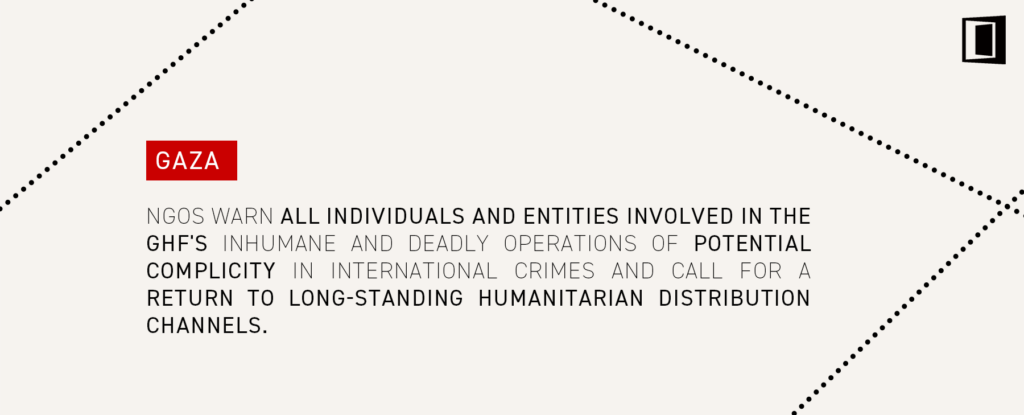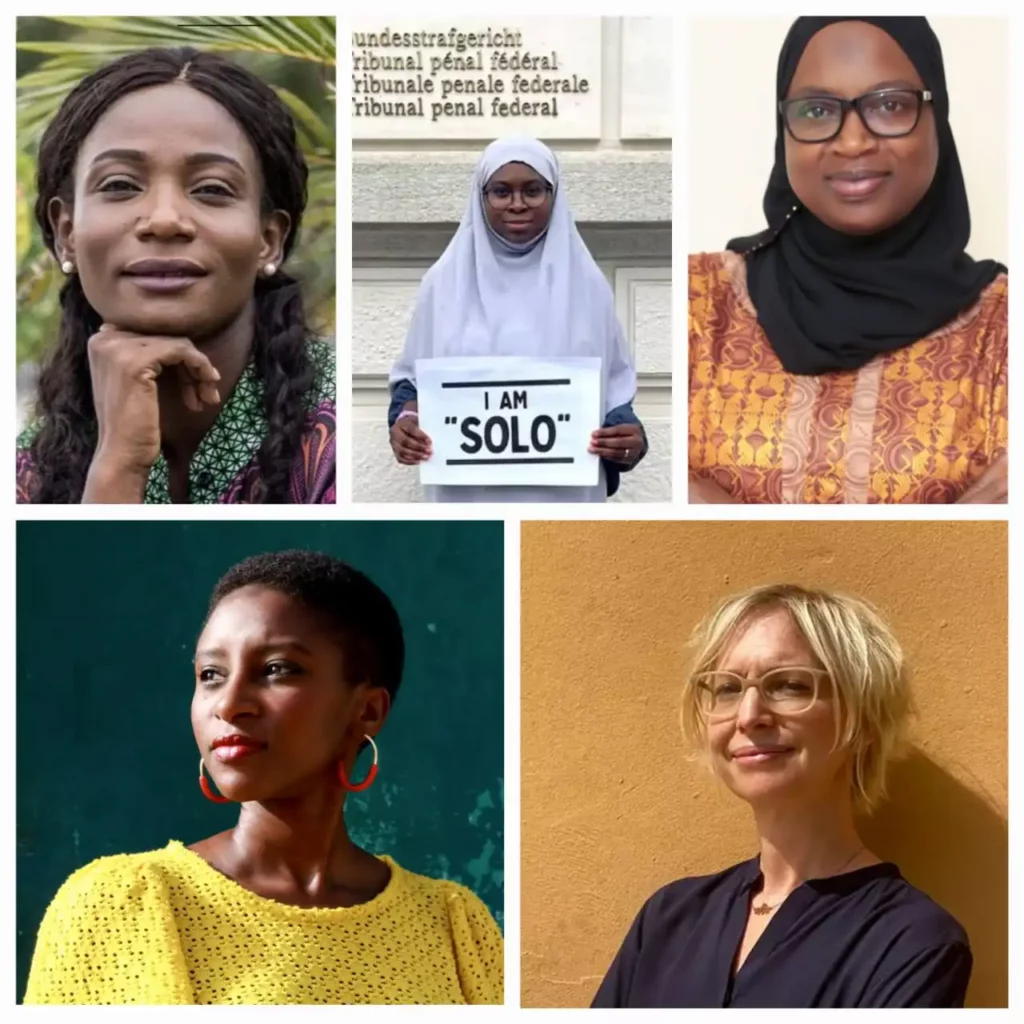Walikale case: time for accountability for warlord Ntabo “Sheka” Ntaberi
The long-awaited trial of two Congolese rebel leaders opened on 27 November 2018 in Goma, North Kivu. Ntabo Ntaberi faces charges of war crimes and crimes against humanity, along with his co-defendant, former FDLR leader “Lionceau”. Collaborating with several local and international actors supporting the Congolese justice system, TRIAL International has worked to facilitate access to justice to the two men’s hundreds of victims.
The judges will have to determine the role the two warlords have played in the attack of numerous villages in the territories of Walikale and Masisi from 2010 to 2014. This zone in the North Kivu province was the battleground of several militias, resulting in mass murder, sexual violence, recruitment and use of child solider and pillages – among other crimes.
Ntabo Ntaberi, who also goes by the war name “Sheka”, was the commander of one of those militias, the Nduma Defence of Congo (NDC). Himself and another warlord, Séraphin Nzitondaknown as “Lionceau”, are now facing justice before the Operational Military Court of North Kivu.
Four years of terror
From 2010 to 2014, the NDC group led by Sheka attacked and looted entire villages in the Walikale and Masisi territories, systematically murdering and raping its inhabitants. Some of these operations were carried out in coalition with a unit of the armed group Democratic Forces for the Liberation of Rwanda (FDLR) headed by Lionceau. Overall, the group conducted at least a dozen attacks against the civilian population, with at least 400 reported deaths and 200 cases of sexual violence.
From 2011 onwards, clashes between the NDC and other militias, and between the NDC and the Congolese military caused massive displacements of population and ignited ethnic tensions. In an effort to gain control over the Walikale and Masisi territories, the NDC started targeting Hunde and Hutu populations only, accused of associating with competing militias. Evidence of savage crimes and cruel practices have been documented for the 2012-2014 period, including sexual slavery and the recruitment of over 150 child soldiers.
On 26 July 2017, Sheka surrendered to UN peacekeepers in North Kivu province, and he was later transferred to the Congolese justice authorities.
A network at the service of justice
Following Sheka’s surrender, the Congolese judicial authorities finalized the investigation on the crimes committed in Walikale and Masisi.
Local and international actors have extensively documented the crimes committed by the NDC and the FDLR in these areas since 2010. Gathered in an informal network active in Goma, and supported by the Congolese judiciary, they conducted several investigative missions and interviews with survivors and witnesses. TRIAL International joined this network in early 2018.
Since joining the network, TRIAL International has worked in close collaboration with the victims’ lawyers. Together, they have collected and analysed over 3’000 pages of evidence; consolidated their legal strategy to prove the widespread and systematic nature of the crimes; and supported the NGOs working directly with the victims to prepare them for the hearings.
Victims and witnesses remain highly vulnerable
Despite the very positive sign the trial represents, the hearings will remain highly challenging on many levels. Sheka still has many supporters in the province, raising particular concerns for the safety of victims, witnesses and local actors who have been working on the case.
Procedure
At the Defence’s request, hearings were suspended on the first day of the trial. They resumed on 6 December 2018 with the addressing of procedural questions.
From March to June 2020, hearings were suspended due to the coronavirus pandemic. The last witnesses were heard in July 2020.
TRIAL International’s work on this case has been conducted in the framework of the Cadre de concertation, an informal network of international actors collaborating to support the work of Congolese military jurisdictions in the investigation and prosecution of mass crimes in DRC in the North Kivu province.











